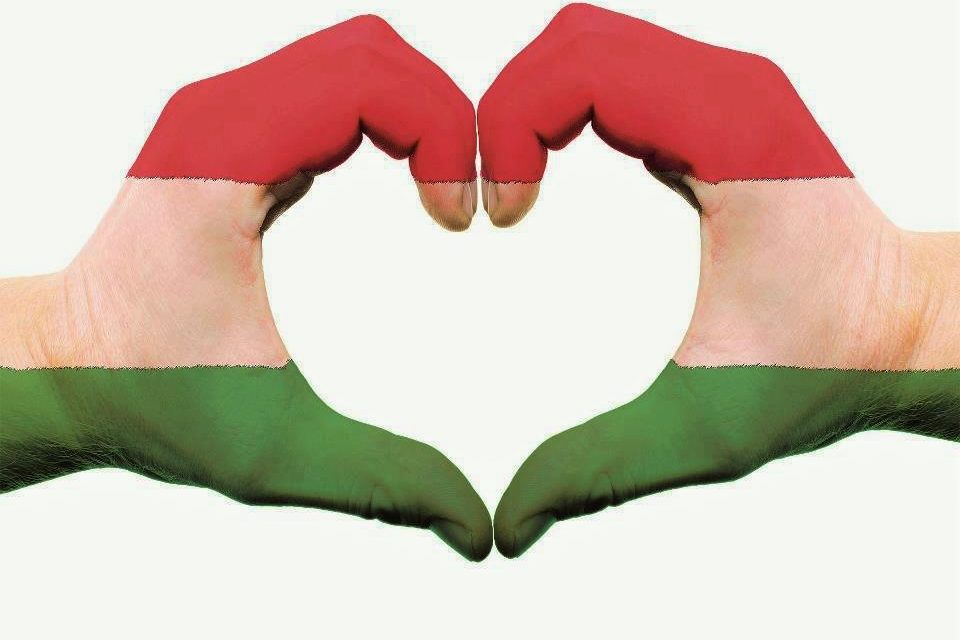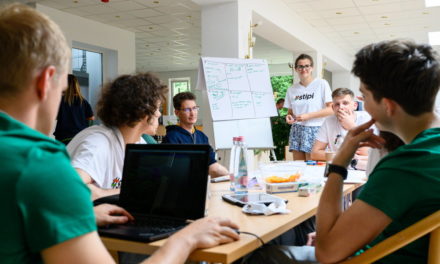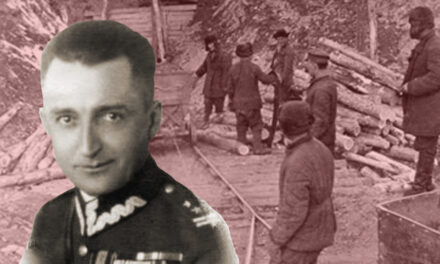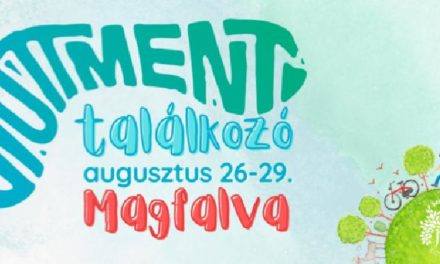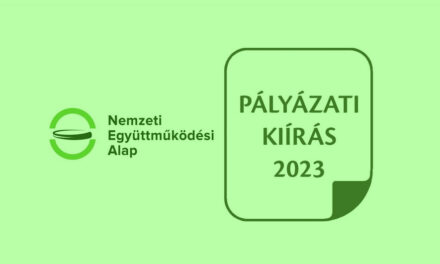Eight out of ten Hungarians are proud to be Hungarian, and 85 percent have a strong national identity, according to a survey by the Mária Kopp Institute for Population and Family Affairs (KINCS). The representative research conducted by interviewing 1,000 people also highlighted that the Hungarian people are primarily proud of our country's successes, and that their national identity is stronger than their European identity.
Belonging to a nation makes a person stronger and prouder, he feels that he is not alone in his successes and failures. And if the inhabitants of a country are proud of their history, cultural and sporting achievements, they imagine their future in that country and start a family there.
KINCS research reveals that 8 out of 10 Hungarians are proud of their Hungarianness. The largest proportion of people with children, the elderly and those living in the countryside feel this way, but at the same time, among the age groups, the younger age group is the most proud of Hungary's scientific and sports achievements. 82 percent of 18-29-year-olds are proud of the results achieved by Hungarian athletes (94 percent among students), in which the success of Hungarians at world competitions must have played a major role, so the successful performance of the Hungarian team at the Tokyo Olympics can have a great impact on young people. 63 percent of respondents are extremely proud to be Hungarian: they indicated the highest value on a scale from 1 to 10.
Overall, it can be seen that the Hungarian people have a strong national identity, which characterizes 85 percent of the respondents. More than three-quarters of those surveyed said that they are proud of Hungary's history, 85 percent of them are proud of their academic achievements, and 79 percent of them are also proud of their sports results. Three quarters of respondents (76 percent) praised the country's cultural successes.
Six out of ten Hungarians (62 percent) are proud that our country is a member of the European Union, but this cannot be said at all about 11 percent of them. The survey shows that 21 percent of the respondents are not satisfied when they think about the functioning of the European Union, while 42 percent rather acknowledge it. This means that compared to respondents who are proud of Hungarian results, the proportion of those who acknowledge European results is half as high.
Overall, we see that the Hungarian people are proud of being born Hungarian, and proud of our country's achievements. The performance of the European Union divides them more. Methodology: The nationally representative research of KINCS was conducted by interviewing 1,000 adults by telephone, July 14-16, 2021. between.
MTI-OS

